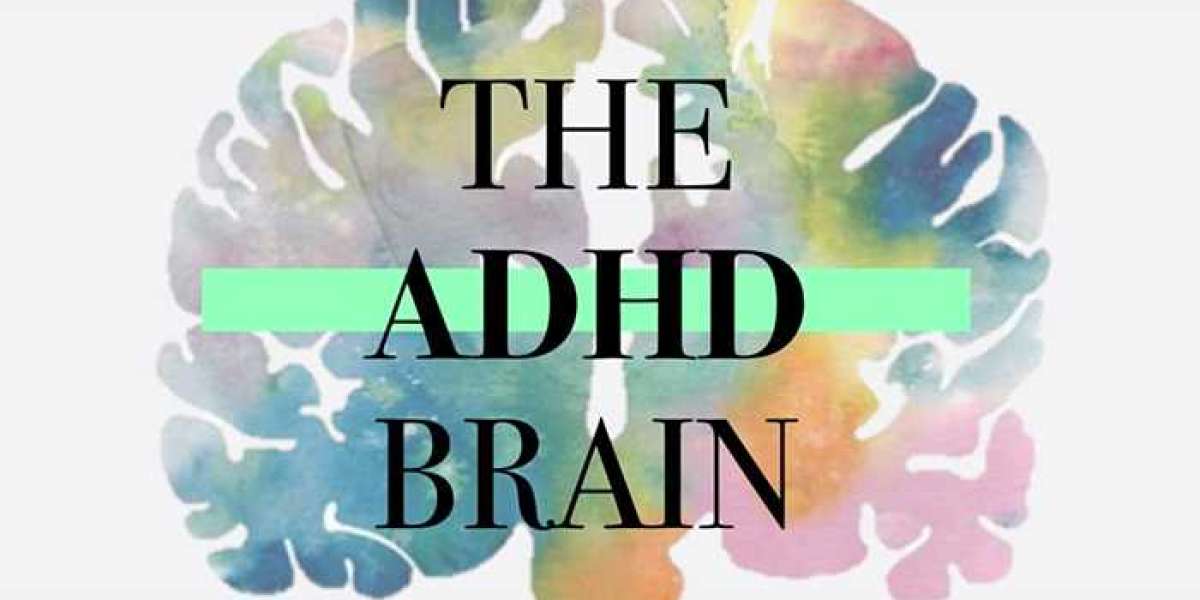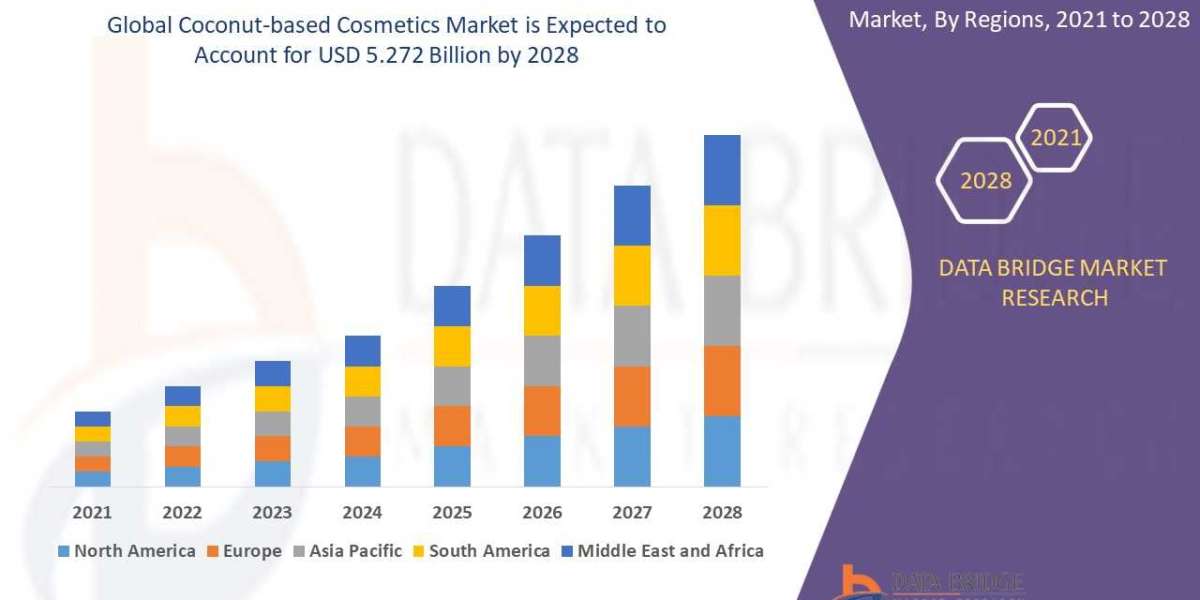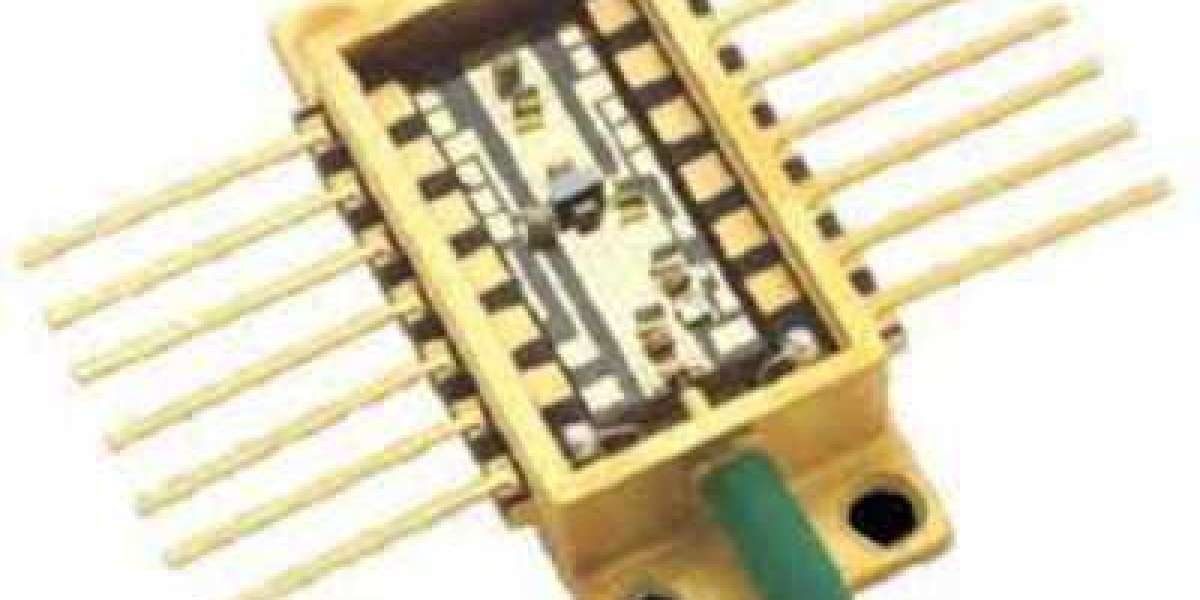Introduction:
"Embracing Neurodiversity: Celebrating Differences in ADHD" explores the concept of neurodiversity and highlights the unique strengths and perspectives of individuals with Attention-Deficit/Hyperactivity Disorder (ADHD). This article aims to promote understanding, acceptance, and appreciation for the diverse experiences and contributions of individuals with ADHD, fostering a culture of inclusivity and empowerment.
Understanding Neurodiversity:
Neurodiversity refers to the natural variation in human brain functioning and cognition, encompassing a wide range of neurological differences, including ADHD, autism, dyslexia, and other neurodevelopmental conditions. Instead of viewing neurodiversity as a deficit or disorder, the neurodiversity paradigm recognizes these differences as variations of human diversity, each with its own strengths, challenges, and perspectives. Embracing neurodiversity involves celebrating the unique talents, insights, and contributions of individuals with ADHD and other neurodivergent traits.
Shifting Perspectives on ADHD:
Historically, ADHD has been stigmatized and pathologized, with individuals often viewed through a deficit-based lens that focuses on their challenges and limitations. However, there is a growing recognition of the strengths and positive attributes associated with ADHD, including creativity, spontaneity, resilience, and a unique way of thinking outside the box. By shifting perspectives on ADHD from a deficit model to a strengths-based approach, we can promote acceptance, understanding, and empowerment for individuals with ADHD.
Strengths of ADHD:
ADHD is associated with a range of strengths and talents that contribute to the diversity of human cognition and experience. Individuals with ADHD often demonstrate creativity, innovation, and out-of-the-box thinking, approaching tasks and problems from unique perspectives. Their hyperfocus on areas of interest can lead to deep engagement, productivity, and mastery of subjects or activities. Moreover, their spontaneity, energy, and enthusiasm can bring vitality, excitement, and joy to social interactions and creative pursuits.
Challenges of ADHD:
While ADHD is accompanied by strengths and talents, it also presents challenges and difficulties that can impact various aspects of an individual's life. Common challenges associated with ADHD include difficulties with attention, organization, time management, impulse control, and emotional regulation. These challenges may manifest as academic or work-related difficulties, social or interpersonal struggles, and feelings of frustration, overwhelm, or low self-esteem. Additionally, untreated ADHD may increase the risk of co-occurring mental health conditions, such as anxiety, depression, or substance abuse.
Supporting Individuals with ADHD:
Supporting individuals with ADHD involves creating environments that accommodate their unique needs and strengths while providing resources and support to address their challenges. Accommodations such as flexible schedules, organizational tools, and assistive technology can help individuals with ADHD manage their symptoms and succeed in academic, work, and social settings. Additionally, psychoeducation, counseling, and coaching can provide individuals and their families with information, strategies, and emotional support for managing ADHD-related challenges and fostering resilience.
Promoting Inclusivity and Empowerment:
Promoting inclusivity and empowerment for individuals with ADHD involves challenging stigma, stereotypes, and misconceptions, and advocating for supportive and inclusive environments that value neurodiversity. Educating others about ADHD, raising awareness of its strengths and challenges, and fostering empathy and understanding can help reduce stigma and promote acceptance. Moreover, providing opportunities for individuals with ADHD to share their experiences, perspectives, and talents can amplify their voices and contribute to greater visibility and representation in society.
Celebrating Diversity and Resilience:
Celebrating neurodiversity involves recognizing and appreciating the diverse talents, perspectives, and contributions of individuals with ADHD and other neurodivergent traits. By embracing the unique strengths and experiences of individuals with ADHD, we can create more inclusive, equitable, and compassionate communities that honor the diversity of human cognition and experience. Through education, advocacy, and celebration, we can promote acceptance, understanding, and empowerment for individuals with ADHD, enabling them to thrive and fulfill their potential in all aspects of life.
Conclusion:
"Embracing Neurodiversity: Celebrating Differences in ADHD" underscores the importance of recognizing and appreciating the unique strengths, talents, and perspectives of individuals with ADHD. By shifting perspectives on ADHD from a deficit model to a strengths-based approach, we can promote acceptance, understanding, and empowerment for individuals with ADHD, fostering a culture of inclusivity, compassion, and celebration of neurodiversity. Through education, advocacy, and support, we can create a more inclusive and equitable society that honors the diverse abilities and contributions of all individuals, regardless of their neurodivergent traits.



